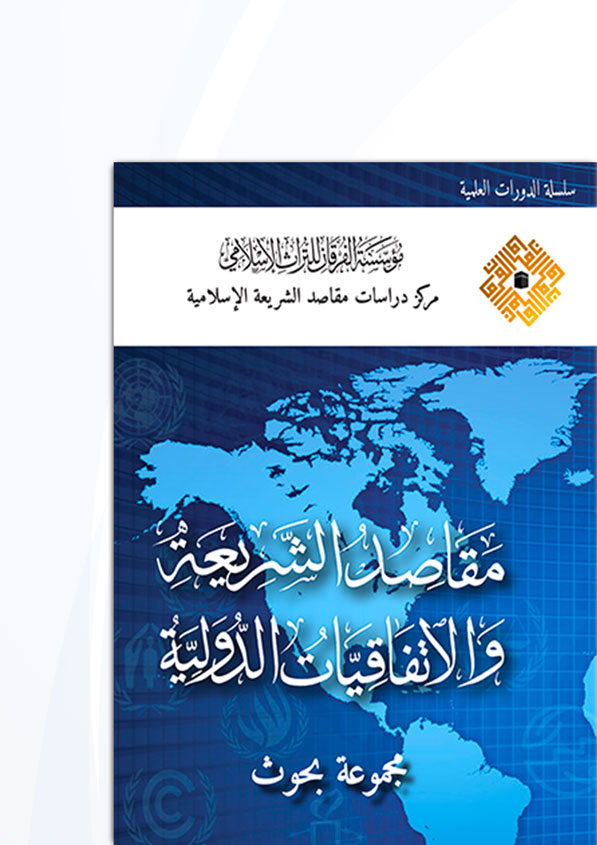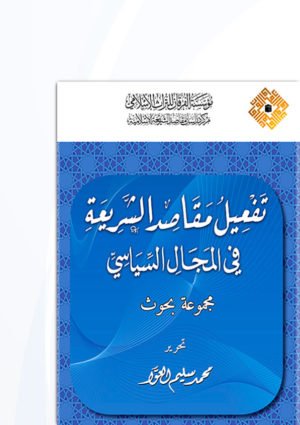Summary
The purpose of this comprehensive study is to lay the foundations for a systematic maqāṣidī approach (an approach based on the objectives of Islamic law) to local and international challenges.
The papers presented in this training course dealt with a number of international conventions and treaties. They examined the human rights and their underlying principals as found within both the Sharīʿah and international agreements; the articles of international trade agreements, critiqued from a maqāṣidī perspective, with careful consideration given to the ramification of each and the extent by which they served the interests of Muslim countries and whether such interests fell within the framework of a maqāṣidī philosophy; the work being conducted by the International Criminal Court from an Islamic Sharīʿah perspective; the place of Islamic Sharīʿah in international law – Sharīʿah being the third source for such law; agreements related to the non-proliferation of nuclear armaments from the view point of the protection of individuals and their wealth, two key elements of maqāṣidī (objectives of Islamic law); a maqāṣidī reading of the Egyptian-Israeli Peace Agreement; the place of environmental protection in light of Islamic Sharīʿah and the maqāṣidī dimension of such protection; as well as a number of maqāṣidī studies (objectives of Islamic law) from the publication Al-Dalīl al-Irshādī, which provided methods to legitimately reconcile Islamic laws with international agreements in areas of human rights, women's issues, minority challenges, intellectual property, trade agreements and agreements pertaining to environmental protection.




Reviews
There are no reviews yet.